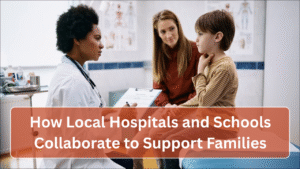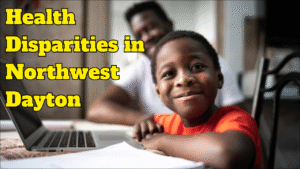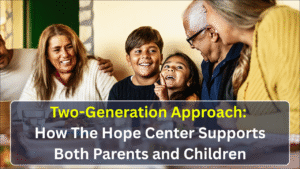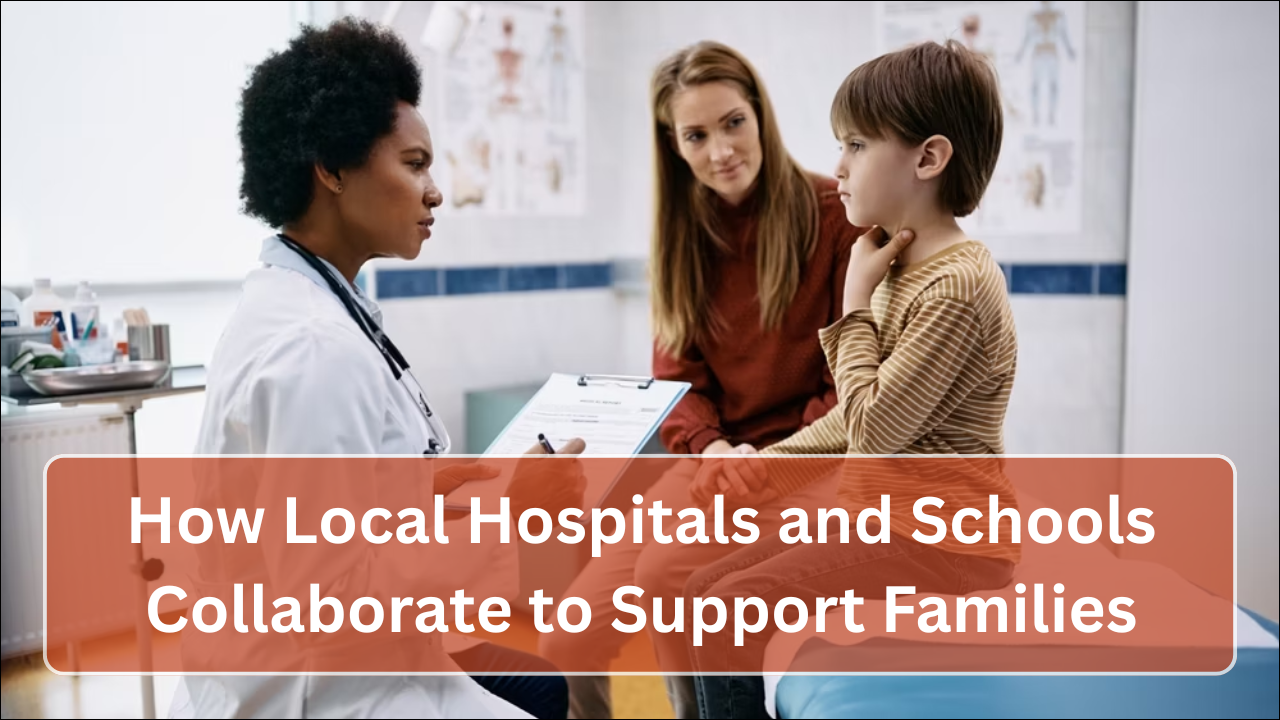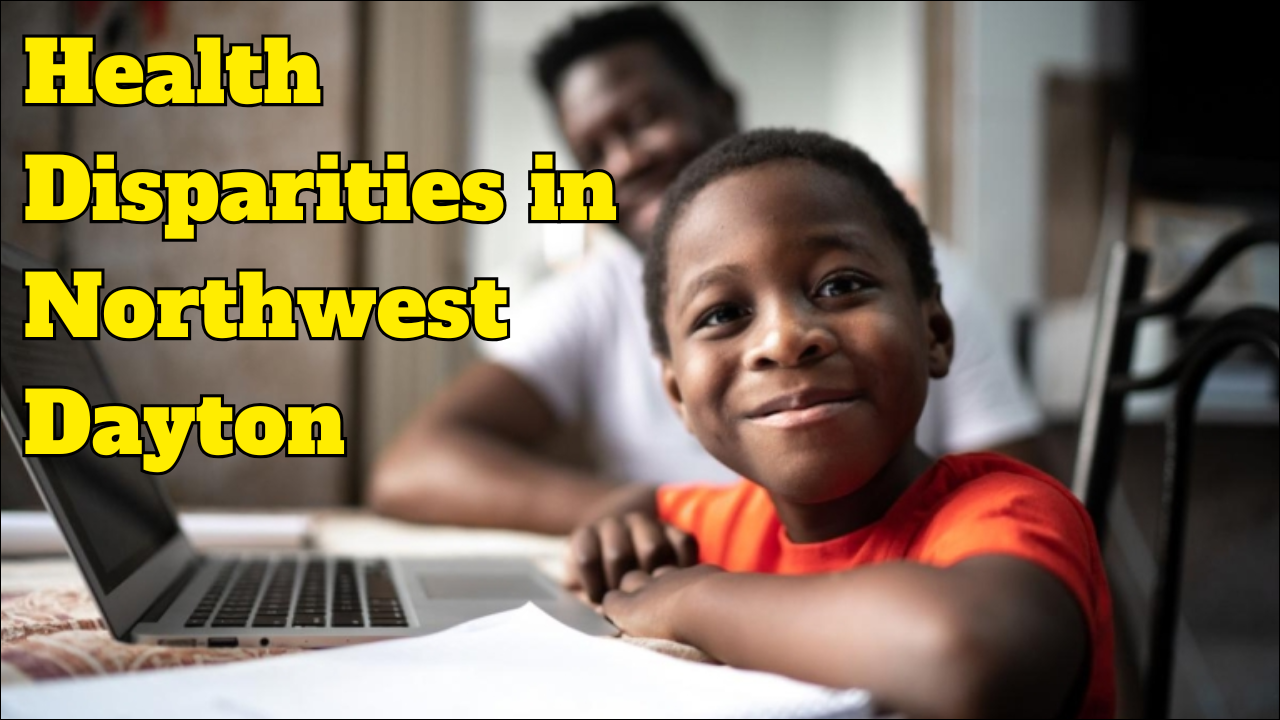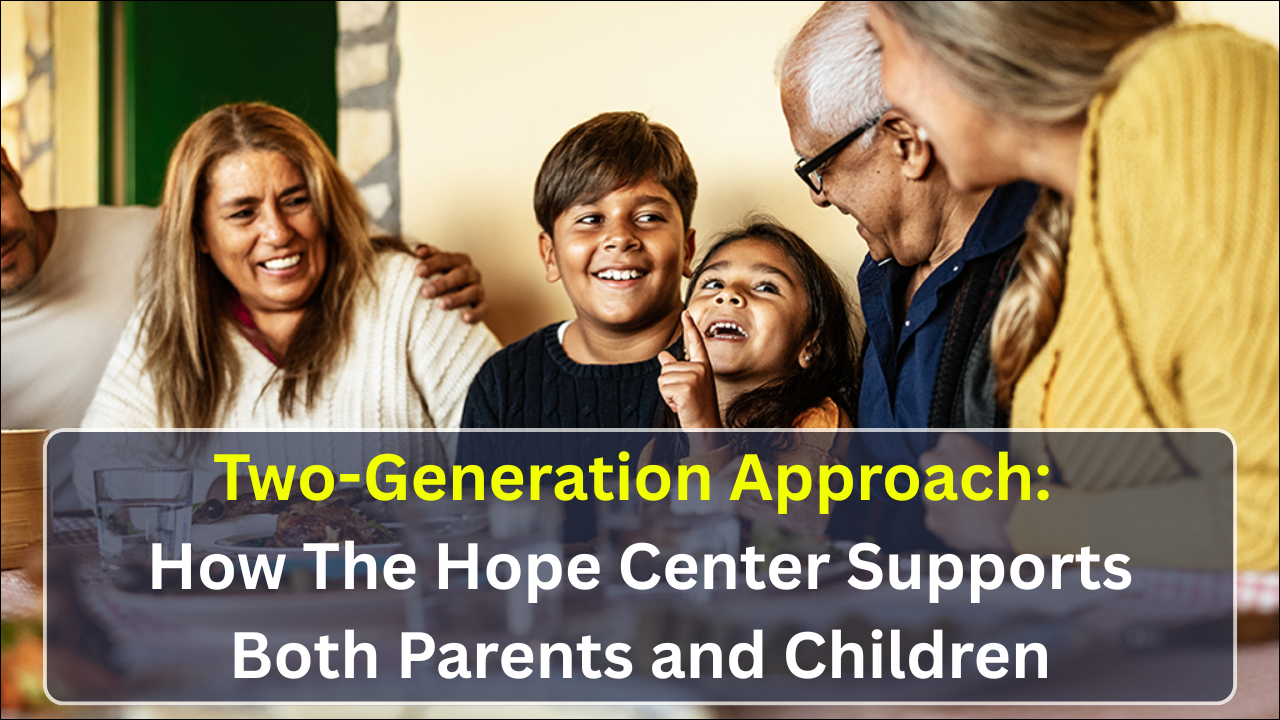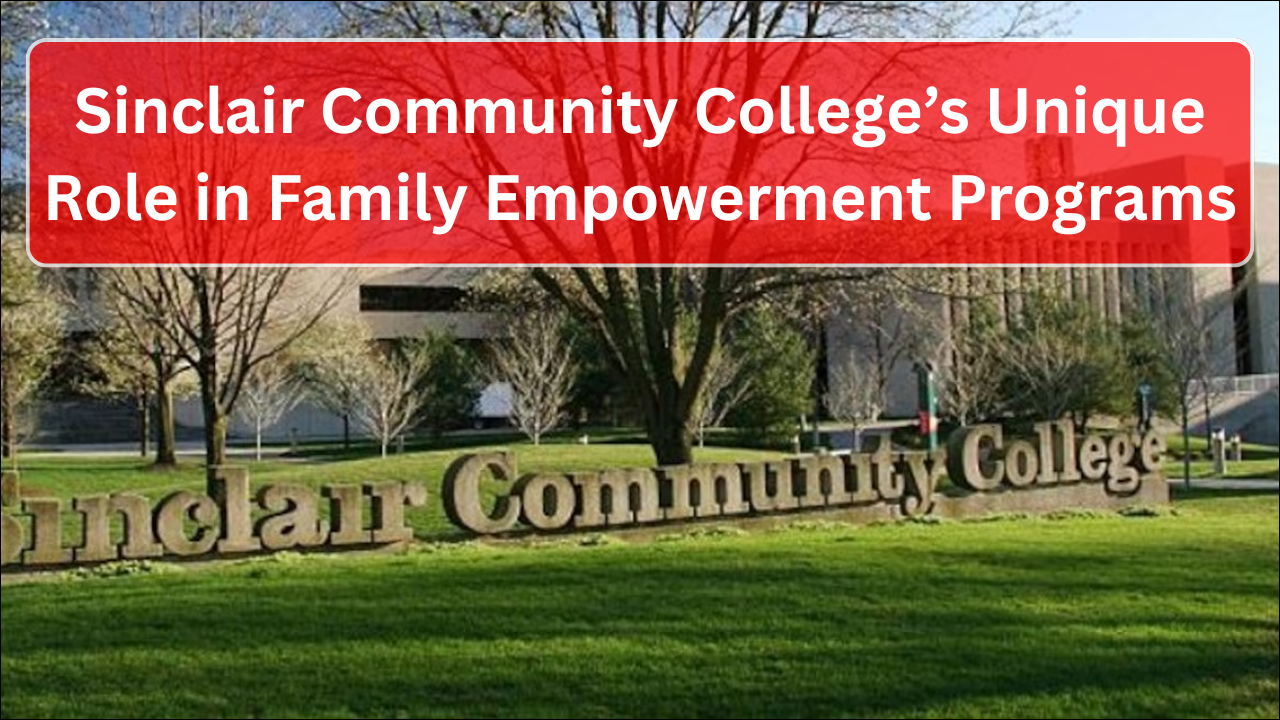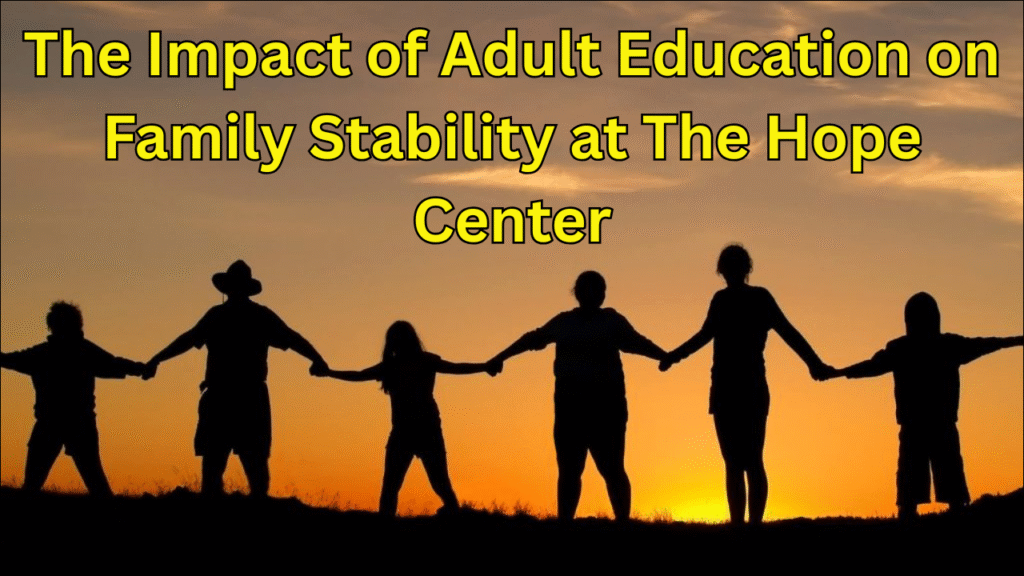
Education serves as one of the most powerful tools for personal and social transformation. At The Hope Center for Families, adult education programs are not merely about classroom learning—they are about rebuilding confidence, strengthening families, and fostering long-term stability. Many adults entering these programs are parents seeking better job opportunities, stronger life skills, and a more secure future for their children. By providing accessible, practical, and inclusive educational opportunities, The Hope Center bridges the gap between education and empowerment, enabling families to break cycles of poverty and dependence while nurturing environments of growth and resilience.
Table of Contents
Philosophy Behind Adult Education at The Hope Center
The Hope Center believes that education is a family affair. When adults learn, the benefits ripple outward to children, partners, and communities.
- Empowerment Through Learning: Education strengthens confidence and decision-making skills.
- Breaking Intergenerational Barriers: Parents who learn inspire their children to value education.
- Community Building: Shared learning experiences foster mutual support and collaboration.
- Holistic Development: Adult education addresses academic, emotional, and financial dimensions.
- Accessibility for All: Programs are designed for adults of varying backgrounds and skill levels.
Core Principles of Adult Education at The Hope Center
| Principle | Explanation | Outcome for Families |
|---|---|---|
| Empowerment | Education builds self-confidence and independence | Improved decision-making and stability |
| Inclusivity | Programs welcome learners from all backgrounds | Equal access to opportunity |
| Flexibility | Courses fit adult schedules and responsibilities | Increased participation and completion |
| Relevance | Lessons connect directly to real-life situations | Practical skill development |
| Collaboration | Learning happens through shared experiences | Stronger community ties |
Types of Adult Education Programs Offered
The Hope Center provides a diverse range of educational pathways that address both career and personal growth needs.
- GED and High School Equivalency Programs: Helping adults earn essential academic credentials.
- Career Readiness Training: Offering job-specific skills such as computer literacy and communication.
- Financial Literacy Workshops: Teaching budgeting, saving, and credit management.
- Parenting and Life Skills Classes: Supporting effective parenting, stress management, and communication.
- Higher Education Support: Assisting adults in enrolling in colleges or vocational programs.
Major Adult Education Programs at The Hope Center
| Program | Focus Area | Primary Benefit |
|---|---|---|
| GED Preparation | Academic achievement | Opens doors to higher education and jobs |
| Career Readiness | Job and workplace skills | Increases employability |
| Financial Literacy | Economic stability | Reduces debt and promotes savings |
| Parenting Skills | Family relationships | Strengthens parent-child bonds |
| College Transition Support | Continuing education | Encourages lifelong learning |
Connecting Education to Family Stability
Adult education contributes directly to family stability by improving financial, emotional, and relational well-being.
- Economic Security: Educated adults access higher-paying, stable jobs.
- Parental Role Modeling: Children witness persistence and the value of learning.
- Emotional Stability: Confidence gained through learning reduces stress and anxiety.
- Improved Communication: Education fosters empathy and problem-solving within families.
- Long-Term Stability: Families build sustainable paths toward independence.
Effects of Adult Education on Family Stability
| Dimension | Impact of Education | Result for Families |
|---|---|---|
| Financial | Better employment opportunities | Increased household income |
| Emotional | Boosted self-esteem | Reduced family conflict |
| Social | Improved communication skills | Stronger family relationships |
| Educational | The value of learning is modeled for children | Higher academic success for youth |
| Community | Enhanced civic participation | Safer and more supportive neighborhoods |
The Role of The Hope Center in Supporting Adult Learners
The Hope Center functions as a holistic learning environment where education meets compassion.
- Safe Learning Space: A welcoming atmosphere that removes fear and intimidation.
- Personalized Support: Individual learning plans tailored to goals and challenges.
- Access to Resources: Childcare, transportation, and financial aid assistance.
- Career Coaching: Mentorship and placement support after training.
- Emotional Encouragement: Counselors guide learners through motivation and stress.
Family-Focused Learning Approach
Adult education at The Hope Center doesn’t operate in isolation—it is deeply intertwined with family well-being.
- Parent-Child Learning Opportunities: Activities that allow parents and children to learn together.
- Home Study Resources: Encouraging continuous education outside classrooms.
- Family Literacy Nights: Promoting reading and shared educational experiences.
- Work-Life-Education Balance: Scheduling flexibility supports working parents.
- Support Circles: Group discussions where parents share experiences and encouragement.
Family-Oriented Learning Strategies
| Strategy | Purpose | Benefit to Families |
|---|---|---|
| Parent-Child Activities | Build shared learning experiences | Strengthens emotional connection |
| Family Literacy Events | Promote reading culture at home | Improves language development |
| Flexible Class Schedules | Support working adults | Higher program completion rates |
| Support Circles | Provide peer encouragement | Reduces isolation and stress |
| Take-Home Resources | Extend learning beyond class | Sustains educational growth |
Economic Empowerment Through Education
Financial stability is one of the most measurable outcomes of adult education at The Hope Center.
- Employment Skills: Training programs align with local workforce needs.
- Entrepreneurship Education: Encourages small business ownership and innovation.
- Career Counseling: Guides adults toward sustainable career paths.
- Certifications: Short-term courses offer immediate job advantages.
- Employer Partnerships: Collaboration with companies ensures job placements.
Economic Benefits of Adult Education
| Aspect | Educational Contribution | Family Benefit |
|---|---|---|
| Workforce Skills | Job-specific training | Stable employment |
| Entrepreneurship | Business education | Increased family income |
| Career Guidance | Counseling and mentoring | Focused career growth |
| Certifications | Industry-recognized credentials | Faster employment opportunities |
| Employer Collaboration | Job placement programs | Stronger financial independence |
Emotional and Psychological Growth
Education not only improves financial stability but also enhances self-worth and confidence, leading to more stable and harmonious family dynamics.
- Improved Self-Image: Learning reignites a sense of personal achievement.
- Stress Reduction: Empowerment through knowledge reduces anxiety.
- Positive Parenting: Educated parents use problem-solving and empathy in parenting.
- Healthy Relationships: Communication skills support marital and family harmony.
- Community Belonging: Participation in group learning builds friendships and support networks.
Social Transformation and Community Strength
The benefits of adult education go beyond individual households—it creates stronger, more resilient communities.
- Civic Engagement: Educated adults participate actively in local governance and volunteering.
- Cultural Awareness: Learners from diverse backgrounds share experiences and values.
- Reduced Crime Rates: Education reduces dependency and risky behaviors.
- Neighborhood Collaboration: Families work together for community improvement.
- Generational Change: Knowledge transforms families for decades to come.
Community Impact of Adult Education at The Hope Center
| Area | Contribution of Education | Long-Term Outcome |
|---|---|---|
| Civic Engagement | Awareness and participation | Stronger community leadership |
| Social Harmony | Interaction among diverse learners | Inclusive neighborhood culture |
| Safety | Reduced social vulnerability | Lower crime rates |
| Collaboration | Shared learning experiences | Community solidarity |
| Generational Change | Educated parents guiding children | Sustained family success |
Overcoming Barriers to Adult Education
Many adults face challenges returning to education, but The Hope Center’s supportive model helps remove these barriers.
- Time Constraints: Flexible schedules accommodate working parents.
- Financial Struggles: Scholarships and funding make education affordable.
- Academic Gaps: Basic literacy and math support prepare adults for higher learning.
- Confidence Issues: Encouraging mentors restores motivation and self-belief.
- Childcare Needs: On-site childcare services ensure parents can attend classes.
Barriers and Solutions at The Hope Center
| Barrier | Solution Implemented | Result |
|---|---|---|
| Lack of Time | Evening and weekend classes | Increased attendance |
| Financial Difficulty | Scholarships and aid | Wider access to education |
| Skill Gaps | Foundational learning courses | Higher academic readiness |
| Low Confidence | Mentorship and counseling | Boosted self-esteem |
| Childcare Needs | On-site services | Reduced absenteeism |
Partnerships Strengthening Adult Education
Collaboration with local organizations enhances The Hope Center’s capacity to deliver comprehensive learning experiences.
- Sinclair Community College: Provides advanced training and certification programs.
- Local Employers: Offer internships and hiring opportunities.
- Nonprofit Organizations: Assist with funding, literacy drives, and mentorship.
- Government Agencies: Support workforce development initiatives.
- Community Volunteers: Offer tutoring and guidance to adult learners.
Evaluation and Progress Tracking
The Hope Center ensures continuous improvement in its adult education programs through measurable outcomes.
- Attendance Monitoring: Tracks participation and engagement.
- Skill Assessment: Evaluates improvement in literacy and job readiness.
- Employment Statistics: Measures post-training job placement rates.
- Family Surveys: Collects feedback on family stability and satisfaction.
- Longitudinal Studies: Monitors long-term effects on families and communities.
Evaluation Metrics for Adult Education Impact
| Metric | Purpose | Indicator of Success |
|---|---|---|
| Attendance Records | Measure engagement | Higher completion rates |
| Literacy Assessments | Evaluate learning progress | Improved reading and math skills |
| Job Placement | Determine economic outcomes | Increased employment levels |
| Family Feedback | Assess emotional and relational growth | Greater family harmony |
| Long-Term Tracking | Study program sustainability | Continued family stability |
In Summary
Adult education at The Hope Center serves as a foundation for family stability, empowerment, and community transformation. When adults gain knowledge and confidence, they pass those strengths to their children, creating cycles of growth rather than poverty. The Hope Center’s programs not only teach job skills and academics but also nurture emotional intelligence, resilience, and hope. Families emerge stronger, communities become more connected, and the future grows brighter for generations to come. Through its integrated model of learning, support, and opportunity, The Hope Center proves that when adults learn, entire families—and communities—thrive.

